We may earn money or products from the companies mentioned in this post. This means if you click on the link and purchase the item, I will receive a small commission at no extra cost to you ... you're just helping re-supply our family's travel fund.
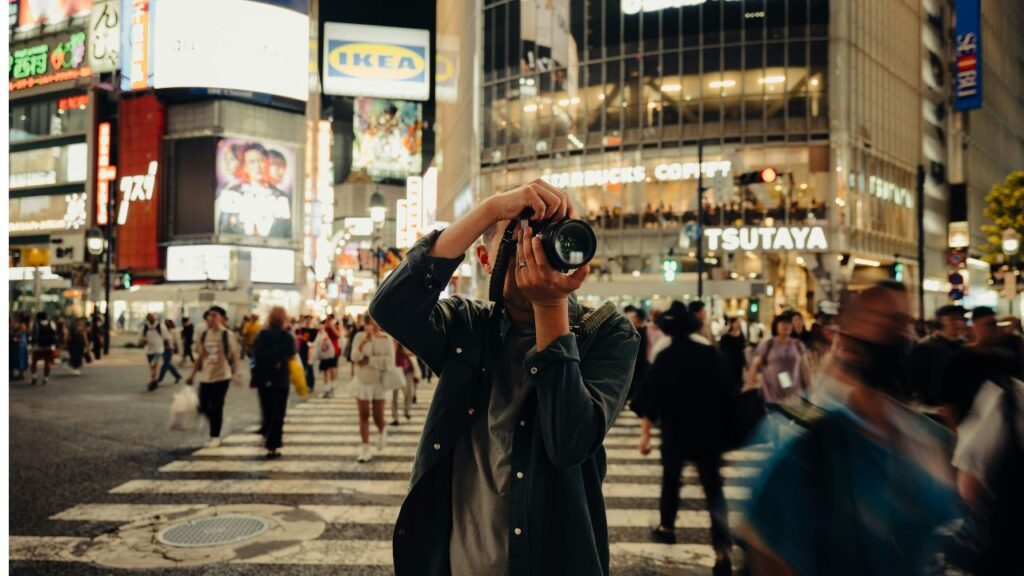
Tokyo and Osaka are packed with unforgettable moments, but they’re also places where small missteps can trip up even experienced travelers. From cultural norms to simple planning oversights, knowing what not to do is just as important as knowing what to see. Whether it’s your first visit or a return trip, here are 14 common travel mistakes to avoid if you want a smoother, more respectful experience in Japan’s two biggest cities.
Talking Too Loud in Public Spaces
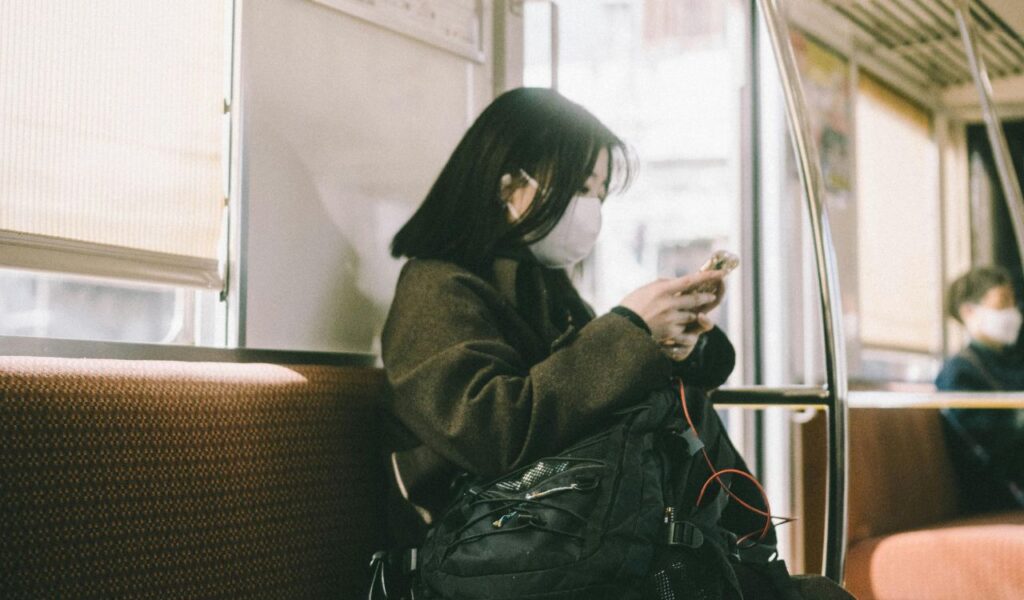
Japanese public spaces are calm and quiet even when crowded. Loud voices on trains or in cafés are seen as disruptive. Whether you’re with friends or on a call, speak softly and be mindful of your surroundings. Keep your phone on silent and don’t take calls on public transit. In Tokyo and Osaka, silence is often a sign of respect. If you’re used to louder environments, it can feel strange, but it’s part of the experience and highly appreciated by locals.
Eating While Walking

In Japan, eating on the go is generally frowned upon. You’ll rarely see locals walking and eating, even if they’ve just bought a snack from a street vendor. It’s more polite to stand nearby or find a bench before you start eating. In places like Osaka’s Dotonbori or Tokyo’s Tsukiji Market, stalls are often set up with eating areas for that reason. Sit, enjoy your food, and clean up afterward. Respect for public cleanliness and manners is taken seriously here.
Assuming Everyone Speaks English

While signage in Japan is increasingly bilingual, many people working in local shops, restaurants, and stations speak limited English. Don’t assume they’ll understand you—use gestures, translation apps, or basic Japanese phrases. A simple “Sumimasen” (excuse me) or “Arigatou” (thank you) can go a long way. Even if communication is tricky, politeness and patience are always appreciated. Show that you’re trying, and locals are more likely to help you out.
Avoiding Local Restaurants
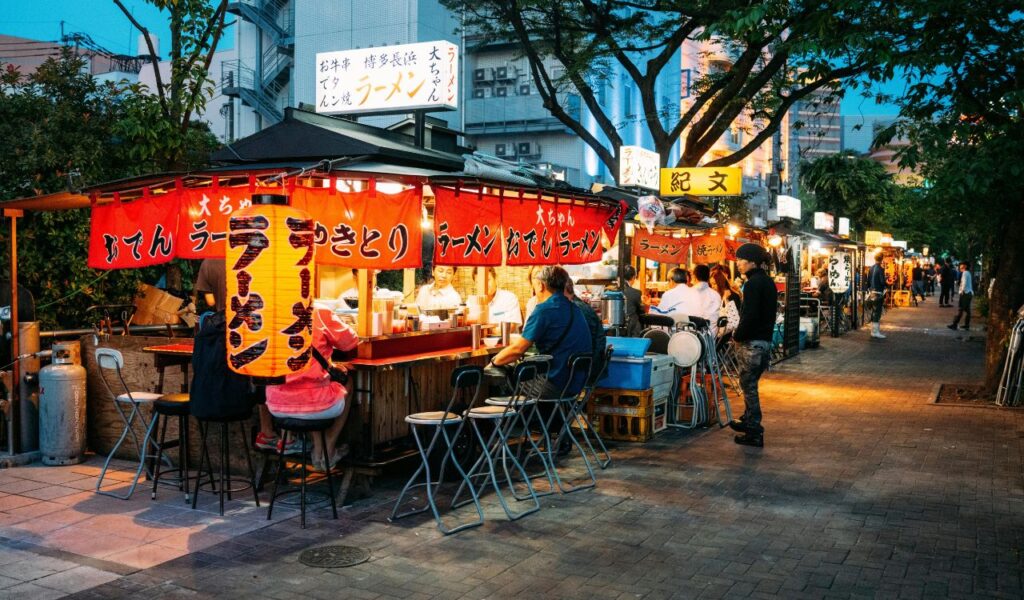
Don’t let unfamiliar menus or language barriers scare you off. Some of the best meals in Tokyo and Osaka are found in small, local places that don’t have English signs. Many offer photo menus or food displays. Venture beyond chains and tourist strips to find hidden gems—like standing sushi bars in Tokyo or kushikatsu spots in Osaka. You’ll often get better prices and more authentic flavors. Bonus: locals will respect your effort to eat like one of them.
Bringing Too Many Toiletries
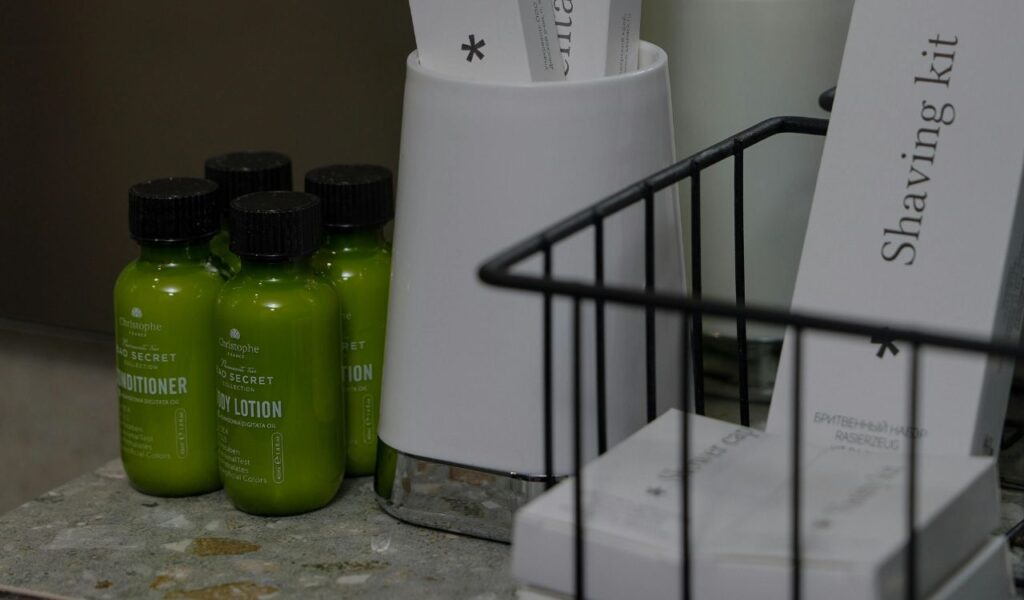
Japanese hotels and ryokan often provide a full set of toiletries: shampoo, conditioner, razors, toothbrushes—even pajamas and slippers. You’ll find everything you need at your accommodation or nearby convenience stores. Drugstores like Matsumoto Kiyoshi stock great-quality products too. Unless you need specialty items, leave the bulky toiletry bag at home. Travel lighter and make room for souvenirs instead—it’ll save you hassle and space in your luggage.
Wearing Shoes Indoors

In Japan, it’s customary to remove your shoes when entering homes, temples, and some restaurants. You’ll often see a step-up area or a row of slippers to change into. Ignoring this is considered rude and unhygienic. Always observe what others are doing when entering a space. Make sure your socks are clean and hole-free—you’ll likely be showing them off a lot. This custom keeps living spaces clean and is one of the easiest ways to show respect for the culture.
Ignoring the Queue System
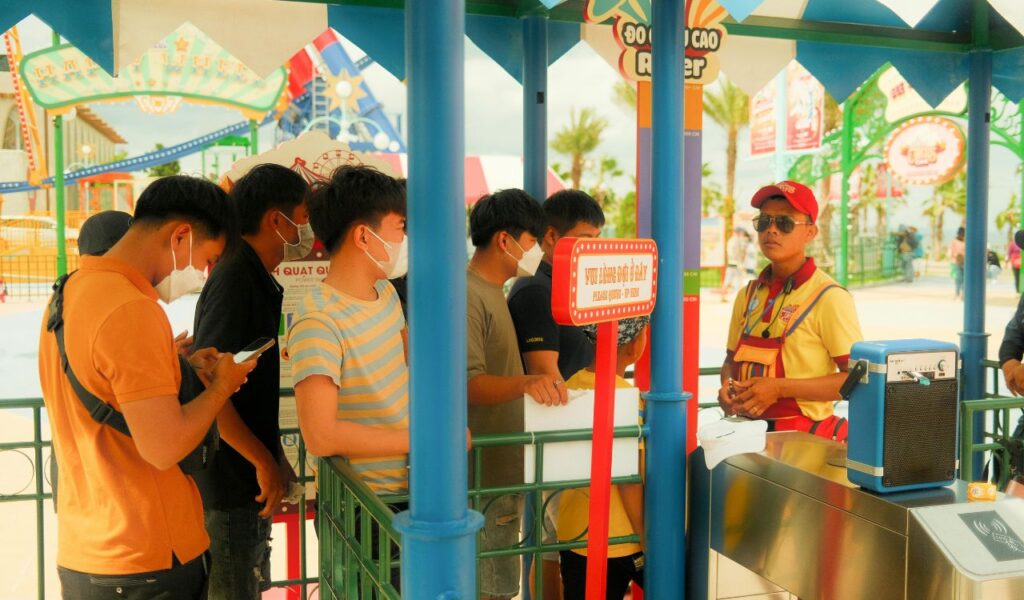
Japan is famously orderly when it comes to lining up. Whether at train stations, bus stops, or food stalls, locals queue patiently and expect others to do the same. Jumping ahead or ignoring line markers on the floor will earn you dirty looks. In Osaka’s busy Umeda Station or Tokyo’s Shinjuku, queues help manage crowds. Always look for the painted lines or follow others’ lead. It might feel overly polite at first, but it makes things move faster and smoother.
Mishandling Chopsticks

Chopstick etiquette matters in Japan. Never stick your chopsticks upright in a bowl of rice—it resembles a funeral offering. Also avoid passing food directly from chopstick to chopstick, as that mimics a funeral ritual too. Don’t point, wave, or stab food with them either. When not in use, place your chopsticks on the holder or across your plate. Small gestures like this show that you understand and respect local customs, even if you’re not a chopstick pro.
Booking Bullet Train Tickets Too Early
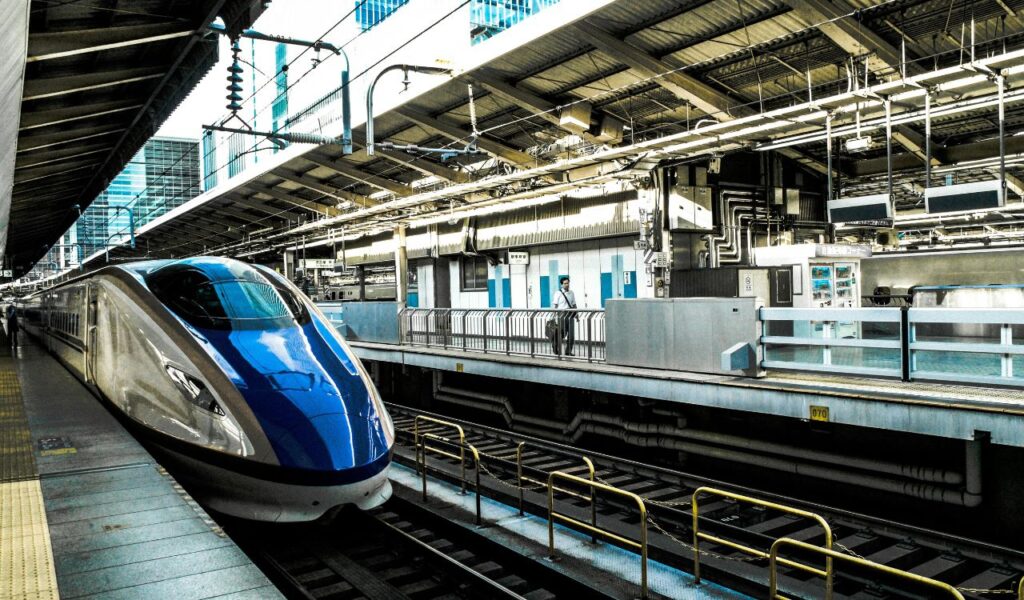
Japan’s bullet trains are efficient, frequent, and don’t require advance booking except during major holidays. Many tourists book tickets weeks ahead and then struggle to change them later. In most cases, you can buy tickets at the station on the day of travel. Unless it’s Golden Week or New Year’s, same-day bookings are fine. Use station machines or ticket counters to buy reserved seats. It’s fast, flexible, and prevents wasted time or unnecessary stress.
Dragging Huge Suitcases Everywhere
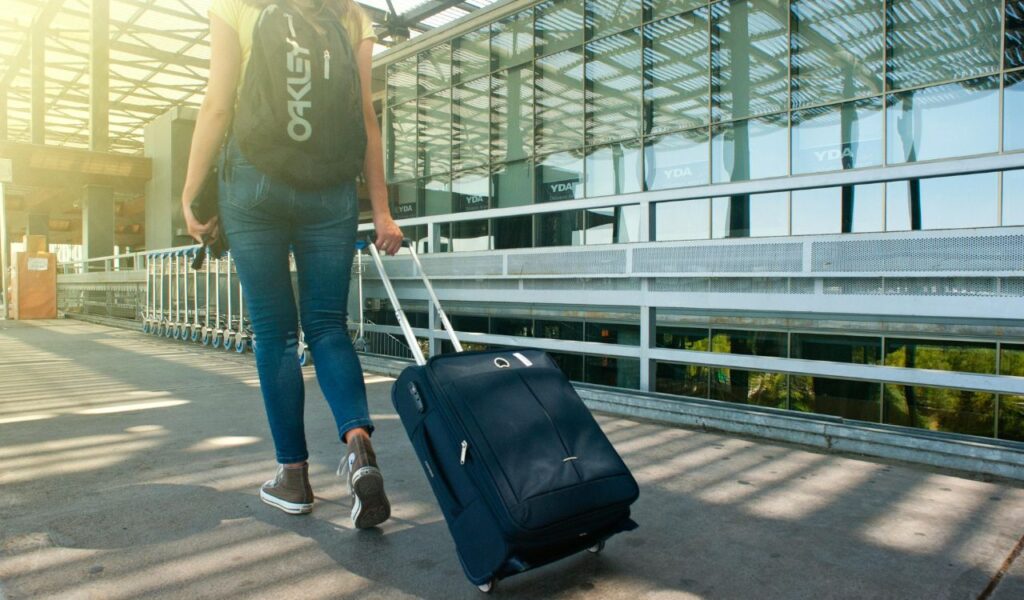
Navigating Tokyo’s subway stairs or Osaka’s narrow alleys with a giant suitcase is a nightmare. Many stations don’t have elevators, and trains can be packed. Instead, use coin lockers at stations or ship your luggage ahead with a courier service (takkyubin). Travel light with a small bag or backpack and enjoy the freedom. If you must carry larger bags, avoid peak travel hours. Being considerate of shared space is a big part of Japanese etiquette.
Tipping or Waiting for the Waiter

Tipping is not a thing in Japan. Leaving extra cash might confuse or offend your server. Instead, good service is included in the price, and expected as standard. Also, don’t wait passively at your table for someone to come over. In most restaurants, you call the server by saying “Sumimasen” or pressing a button on your table. This is normal and not rude. If you wait silently, you could sit there for a while. Learn the rhythm, and you’ll blend right in.
Relying on Public Wi-Fi

Japan’s public Wi-Fi is spotty at best, especially in trains or rural areas. If you rely on internet for navigation or translation, you’ll quickly run into trouble. Rent a pocket Wi-Fi device or get a local SIM card at the airport. They’re easy to use and reasonably priced. This will save you from getting lost in Shibuya or missing a key transfer in Osaka. With steady internet access, your whole trip becomes more manageable, and way less frustrating.
Not Carrying Cash
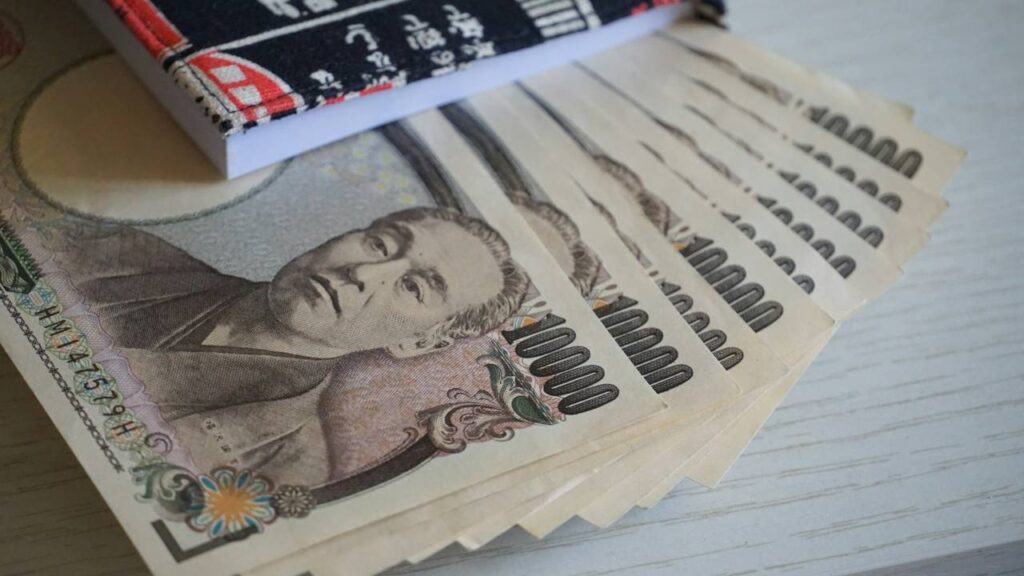
Japan is still very much a cash-based society, even in major cities like Tokyo and Osaka. While big hotels and chain stores accept cards, smaller ramen shops, izakayas, and shrines often don’t. ATMs at convenience stores like 7-Eleven or Lawson usually accept foreign cards, so it’s smart to withdraw yen there. Don’t assume your card will work everywhere: carry a reasonable amount of cash in a slim wallet. It saves you awkward moments and keeps daily transactions simple.
Not Reserving Popular Restaurants

Tokyo and Osaka are full of small, award-winning restaurants with limited seating. Many don’t accept walk-ins, and lines can stretch for hours at famous ramen or sushi shops. Tourists who show up without reservations often leave disappointed. Use reservation platforms, hotel concierges, or even Google Maps links to book ahead. A little planning guarantees you’ll actually get to try the places on your list. In cities known for food, skipping reservations is one of the easiest mistakes to avoid.